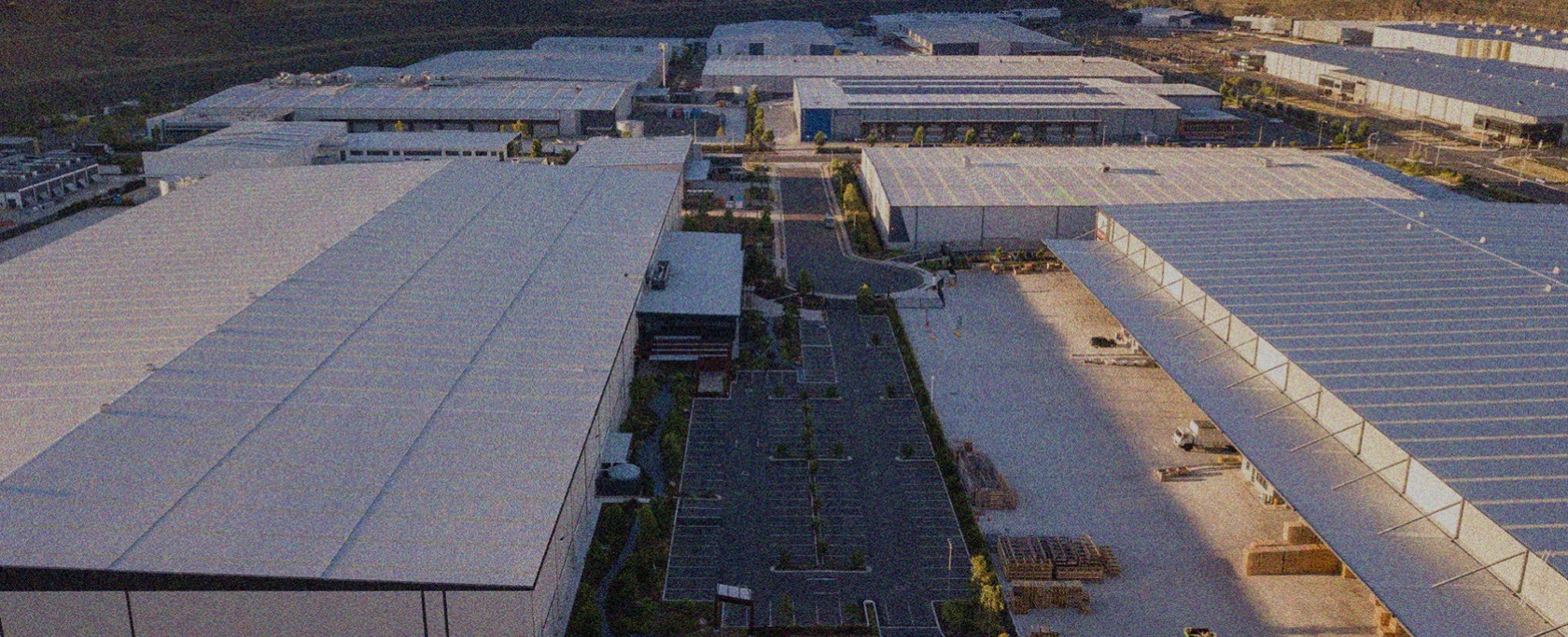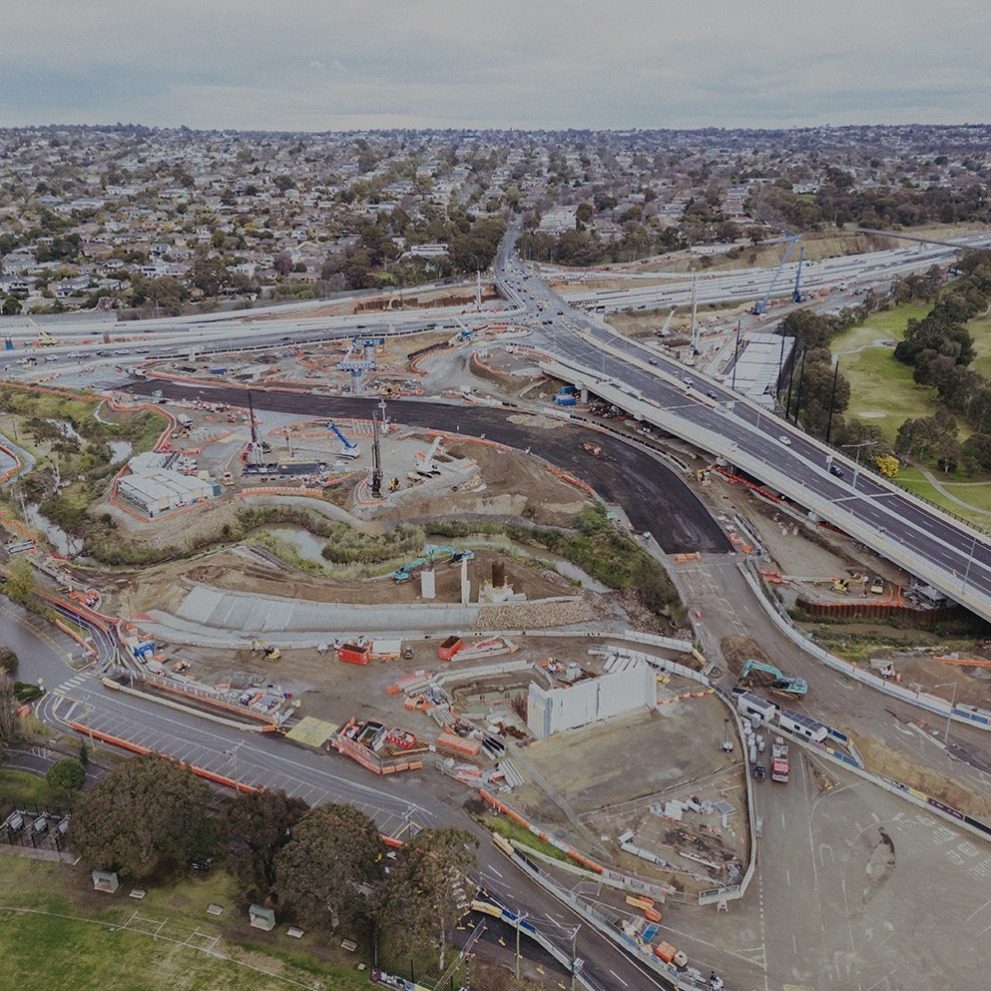What you need to know about the new Commercial and Industrial Property Tax Reform in Victoria
The Victoria Commercial and Industrial Property Tax Reform Bill was introduced into the Victorian Parliament in March 2024. The Bill outlines an overhaul of the existing duty regime in Victoria, with the introduction of a new Commercial and Industrial Property Tax (CIP Tax) which seeks to overhaul the traditional duty system with respect to relevant commercial and industrial properties.
The Bill proposes that the new regime will commence on 1 July 2024.
What property will attract CIP Tax?
CIP Tax would apply to Victorian property with a qualifying commercial or industrial use, as well as some student accommodation property. The qualifying uses are set out in the Australian Valuation Property Classification Code ranges 200-499 or 600-699.
Under the current form of the Bill, CIP Tax will not apply to residential, primary production, community services, sport, heritage or cultural properties.
When is CIP Tax payable on a property?
Land will enter the CIP Tax regime when:
- a qualifying dutiable transaction or qualifying landholder transaction occurs in relation to the land;
- when certain types of subdivision occur (of land that already falls within the regime); and
- when consolidation of land already in the regime occurs.
The interest in the land must also be a qualifying interest (i.e. estates in fee simple, life estates and Crown leasehold), and the interest in the land must be 50% or more (e.g. a tenant in common with a 50% interest in the land).
Interest in land will also be aggregated. For example, if a person obtains an interest in land which is aggregated with other interest in the land, and all these interest portions amount to an acquisition in the land greater than 50%, CIP Tax will enliven for the land.
For owners who already own commercial or industrial property with a qualifying use, unless that property is sold after 1 July 2024 or a relevant subdivision or consolidation occurs, the land will never attract CIP Tax or come within the new regime.
How is the CIP Tax paid?
Purchasers of land which is subject to the new regime will be liable to duty on the transaction which causes that property to enter into the regime. Purchasers have an option between paying the duty or accessing a “transition loan” which is facilitated by the Government on commercial terms.
After a transition period of 10 years from the date on which the land entered the regime, CIP Tax will begin to apply to the land. This is a separate tax to land tax, windfall gains tax, and local government rates, charges and levies. The liability is also calculated in addition to normal absentee owner or trust surcharges.
CIP Tax will be assessed each calendar year as at midnight on 31 December in the year preceding the tax year. CIP Tax will be payable on:
- land that within the CIP regime;
- land that is no longer within the 10-year transition period outlined above;
- land that has a qualifying use, as outlined above; and
- land where no exemption under the Land Tax Act
CIP Tax liability will be calculated at 1% of the site value of the land (the same taxable value as land tax). For build-to-rent land, the CIP Tax rate is 0.5%, not 1%.
Can CIP Tax liability be adjusted at settlement or passed onto tenants?
Depending on the terms of their lease, landlords of commercial premises will be able to pass on CIP Tax liability to their tenants as an outgoing. We are still waiting on confirmation from the legislation, but at this stage, it looks like landlords of retail premises will not be able to pass CIP Tax onto tenants under the Retail Leases Act.
CIP Tax liability will not be able to be adjusted between a vendor and purchaser at settlement, as it is captured under the recent statutory prohibition on adjustment of liability under the Land Tax Act.
The legislative amendments contemplated by the Bill are yet to be passed by the Victoria Parliament, but the above is a summary of the key takeaways from the Bill.
If you would like to discuss how this new tax regime may affect you and your business, please contact our office.






